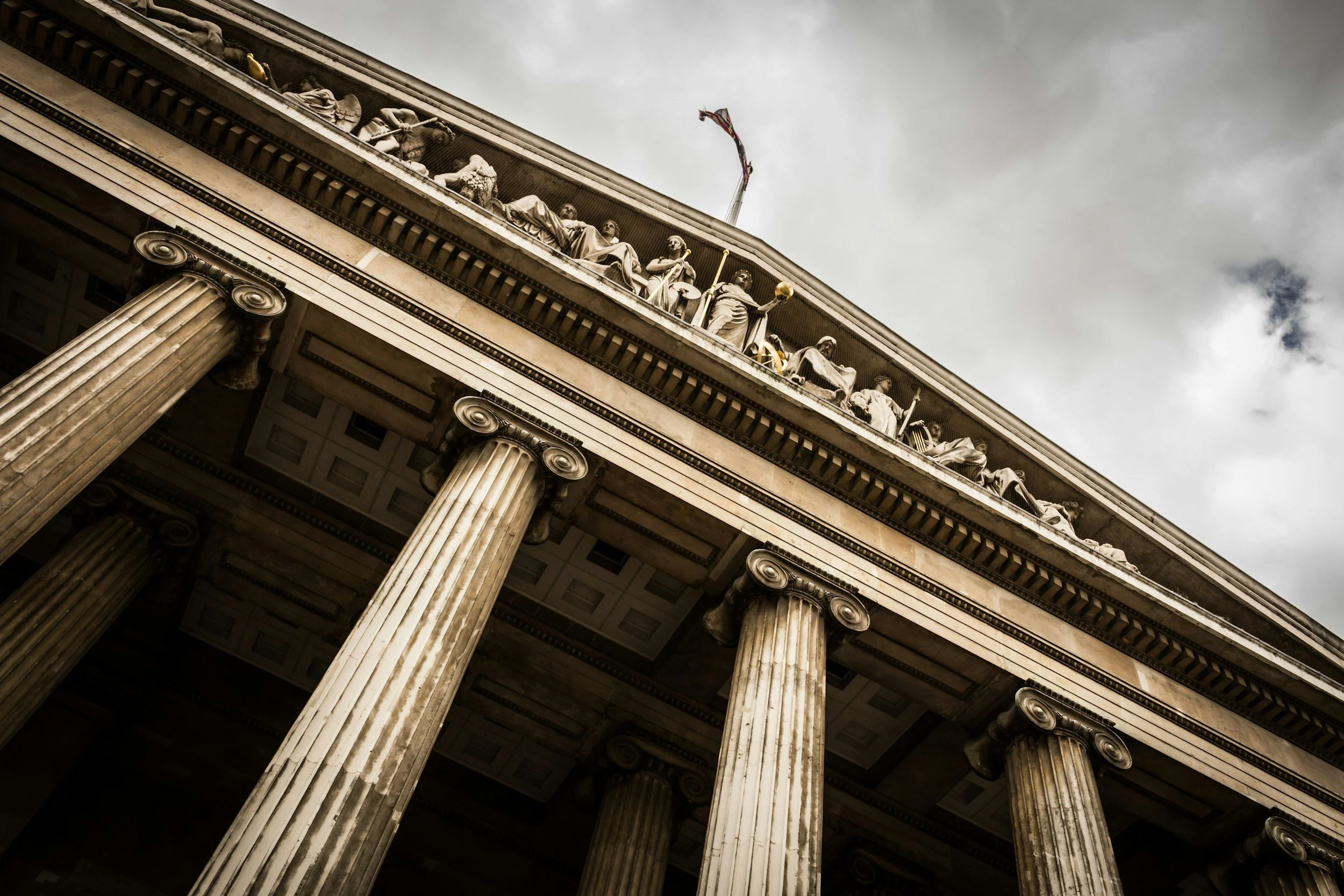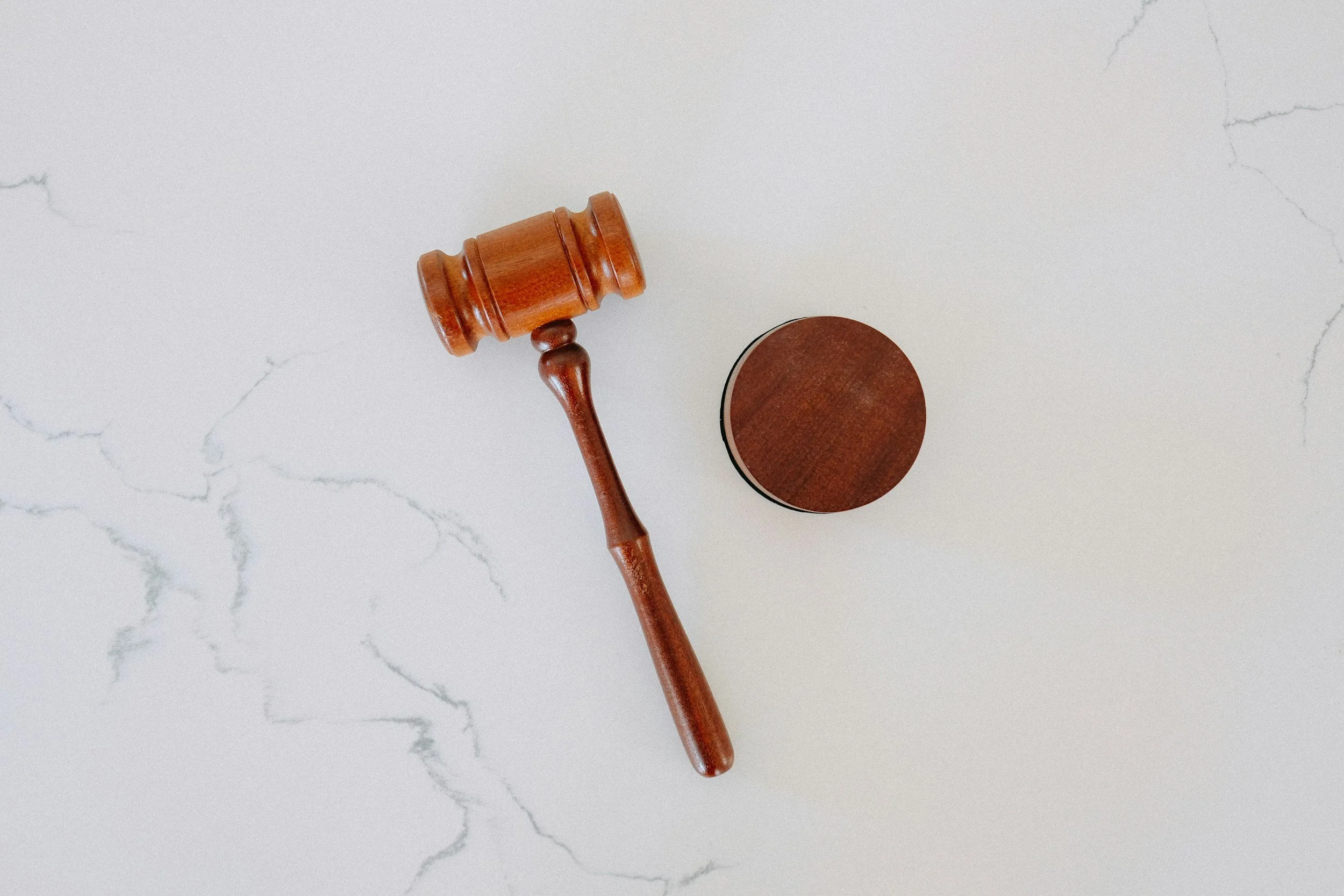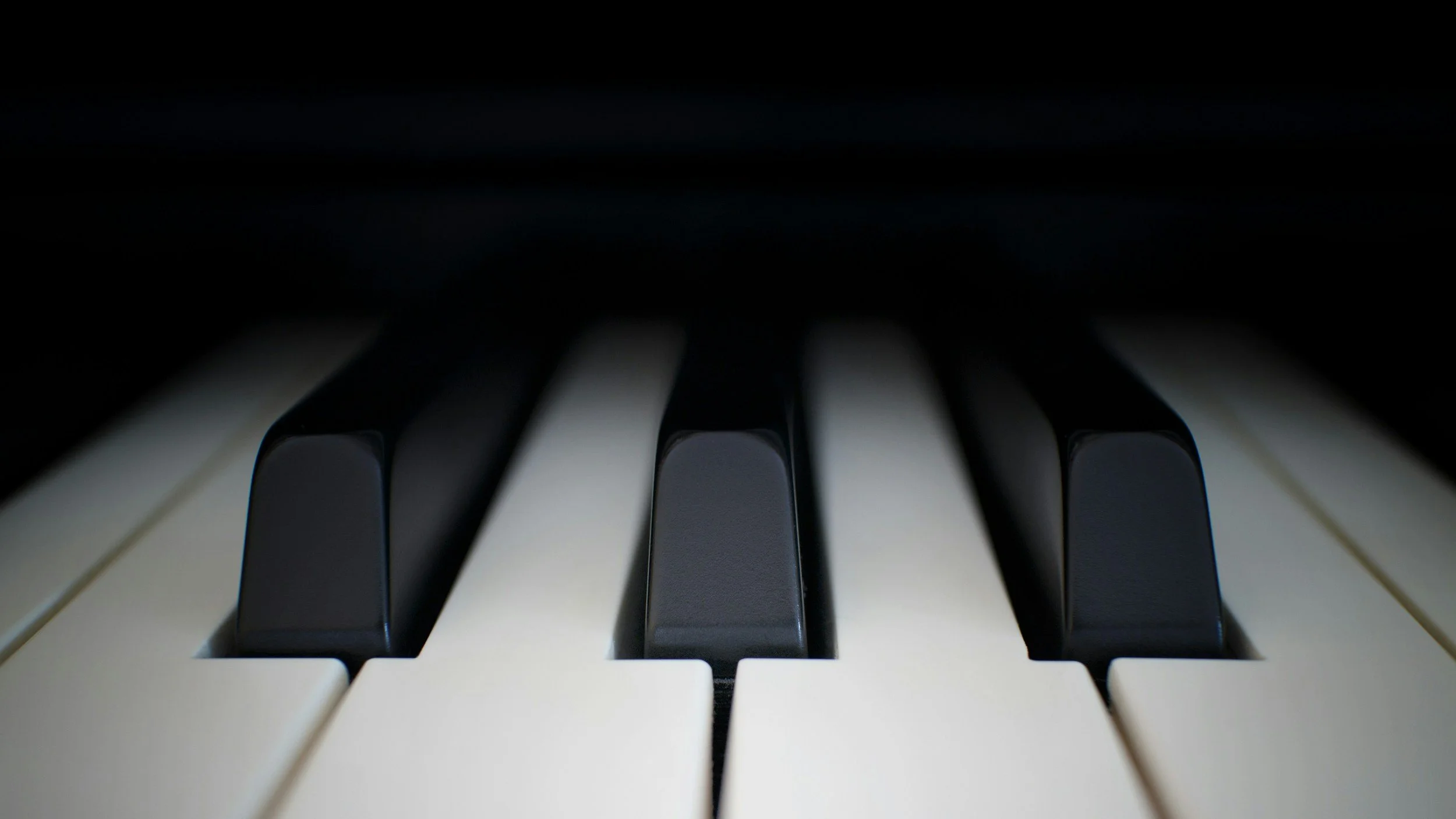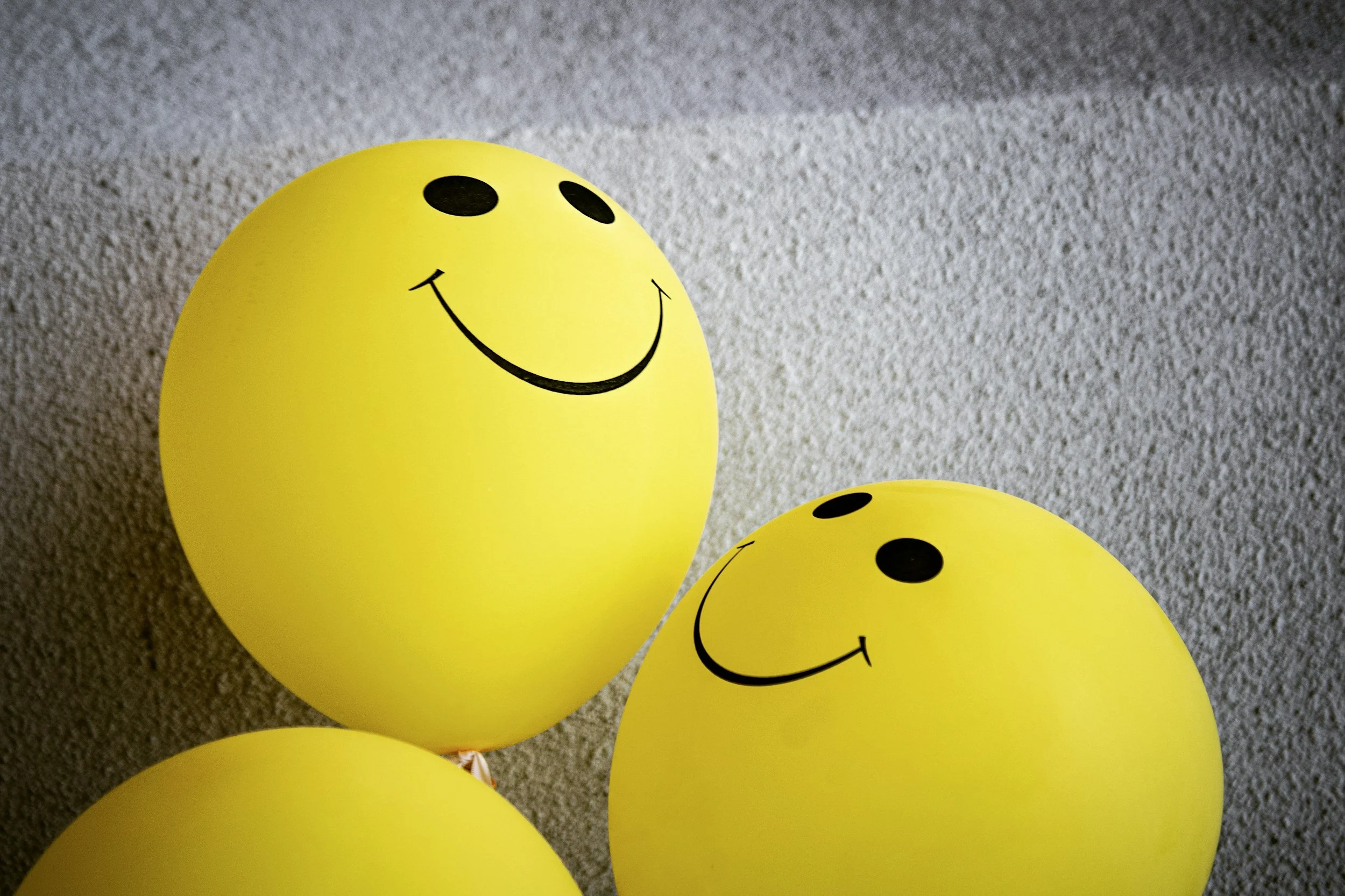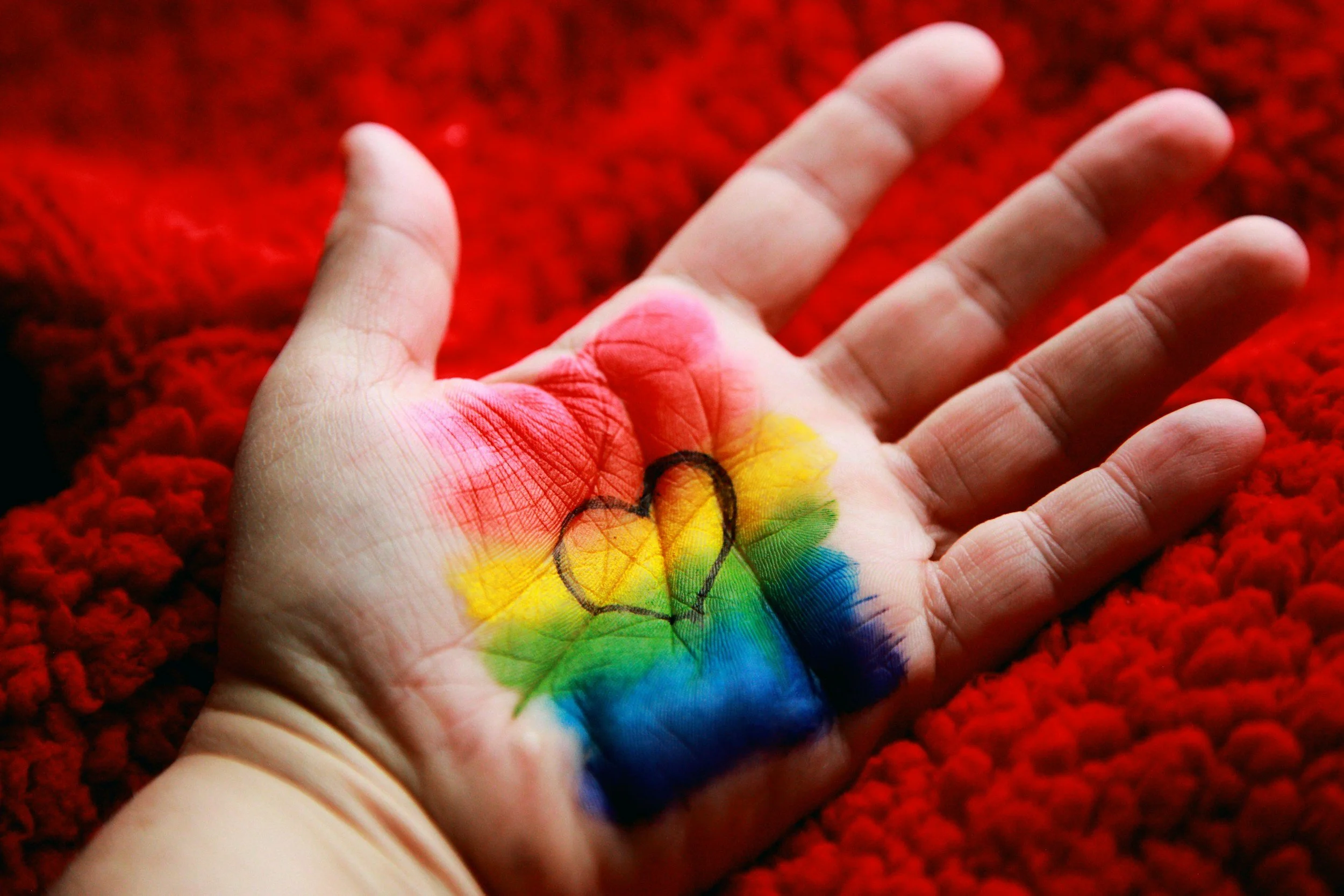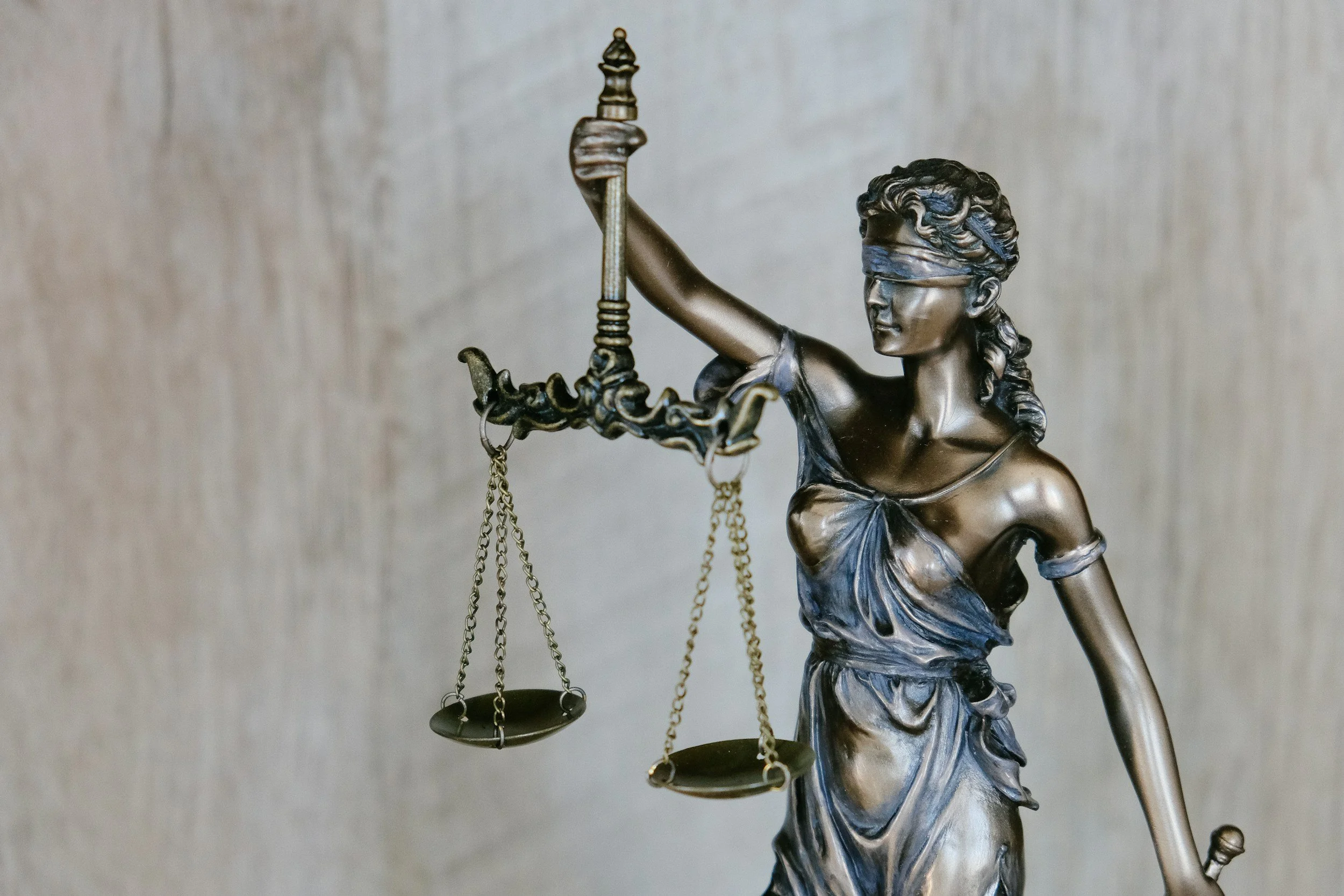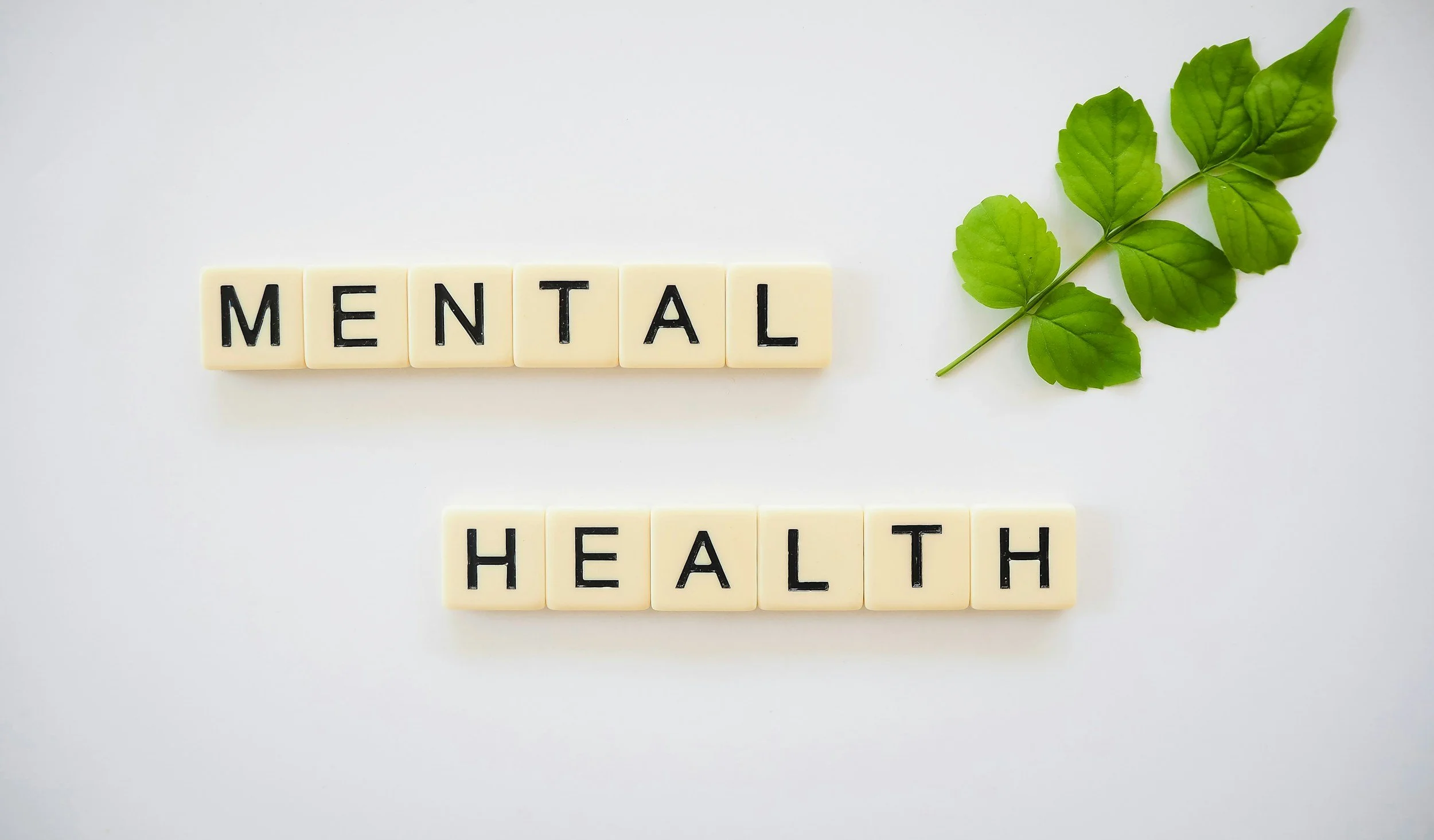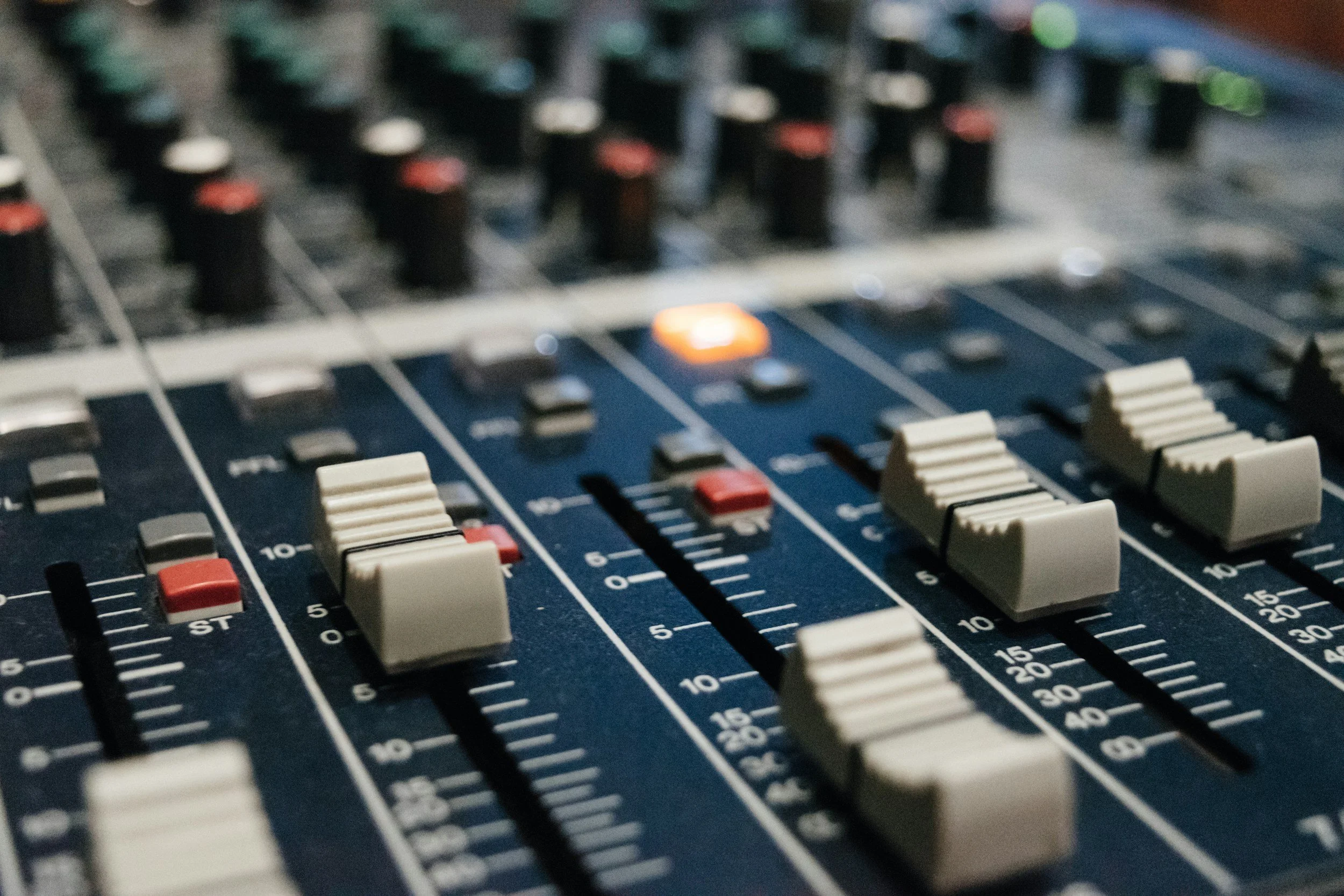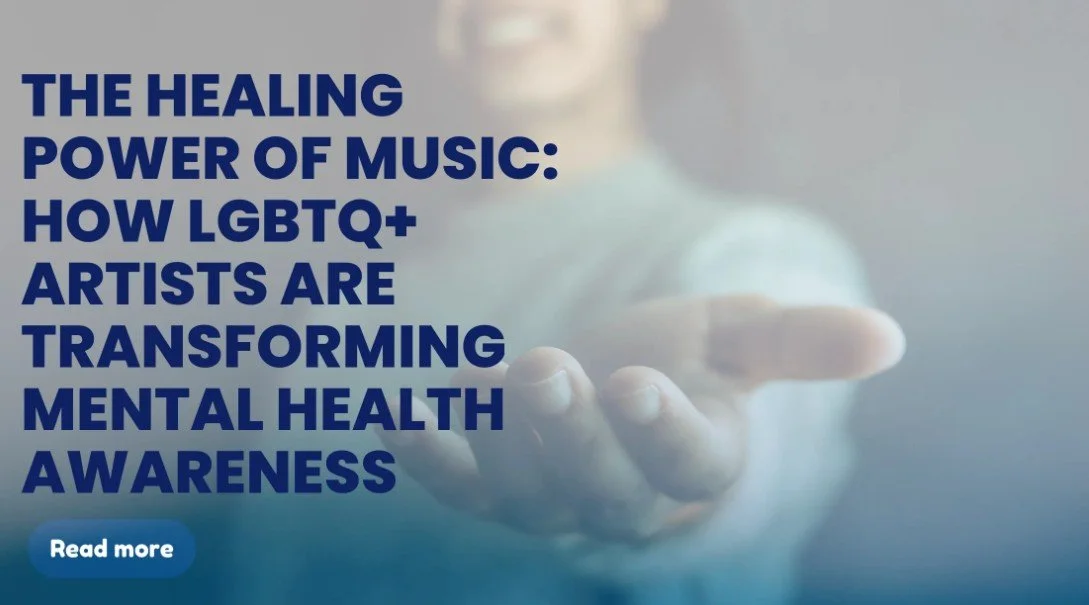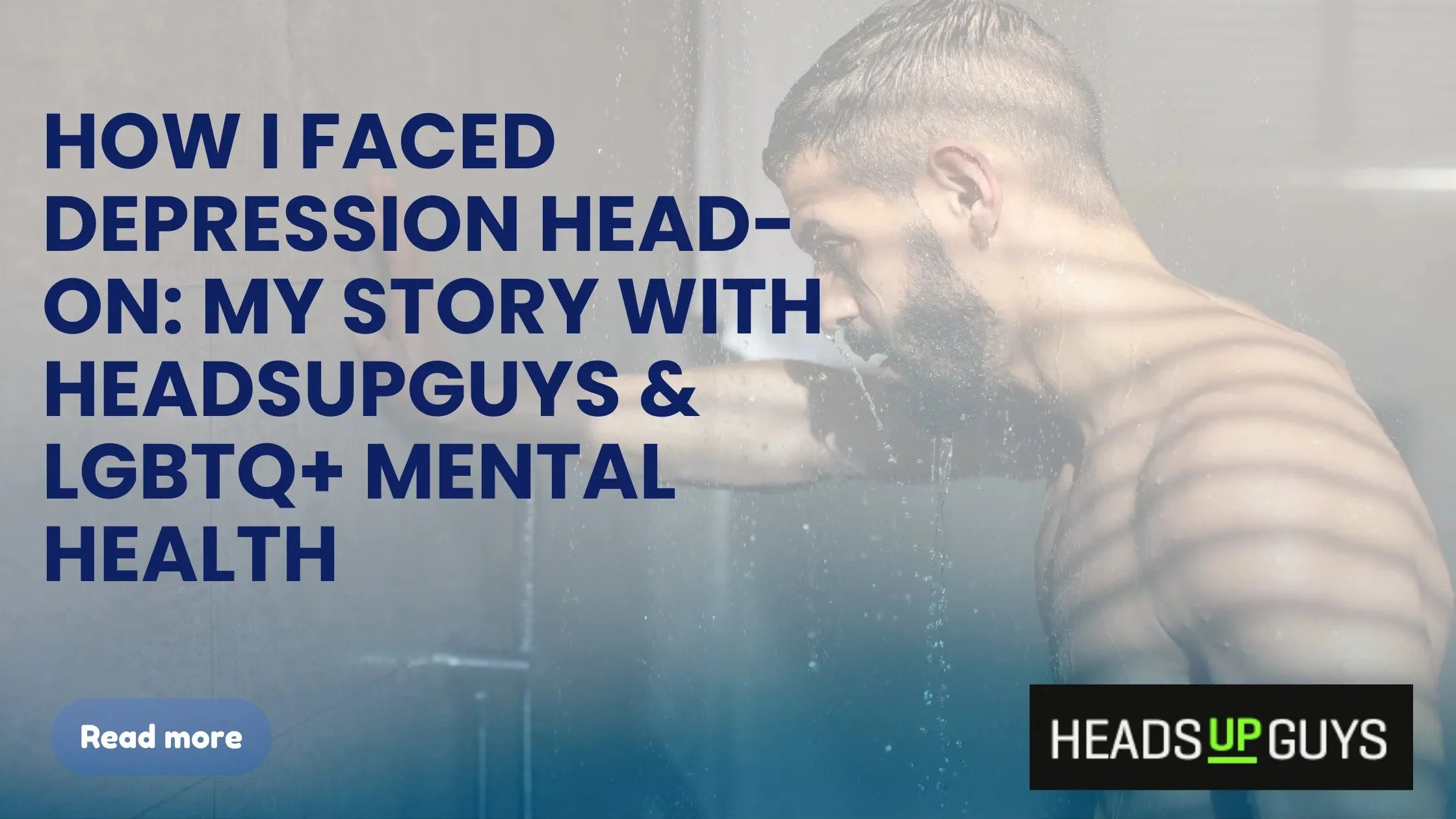The Healing Power of Music: How LGBTQ+ Artists are Transforming Mental Health Awareness
Studies have long shown that LGBTQ+ individuals face disproportionately high rates of mental health challenges, including anxiety, depression, and suicide ideation. According to the Canadian Mental Health Association, LGBTQ+ youth are four times more likely to attempt suicide than their heterosexual peers. However, music has proven to be an effective tool in providing comfort, self-expression, and community-building for those struggling with their mental health.
How I Faced Depression Head-On: My Story with HeadsUpGuys & LGBTQ+ Mental Health
Depression doesn’t have a simple fix, and healing isn’t about ‘winning’—it’s about consistently showing up for yourself. I’m still on this journey, but if my story can help even one person feel less alone, then it’s worth sharing. If you or someone you love is struggling, please reach out. And if you’re looking for a place to start, HeadsUpGuys is an incredible resource.
Remember: You are not alone. You are worthy of support. And most importantly, you are enough.
The Healing Power of Music: How LGBTQ+ Artists are Transforming Mental Health Awareness
The intersection of music and mental health has always been profound, but for the LGBTQ+ community, it serves as more than just an artistic outlet—it’s a form of survival. In Toronto, a city known for its rich music scene and diverse queer culture, artists are increasingly using their platforms to address LGBTQ+ mental health, challenge stigma, and foster a sense of belonging.
The Intersection of Music, AI, and LGBTQ+ Mental Health
So where does that leave us? AI’s here to stay, but whether it becomes a creative ally or a soulless overlord is up to us. LGBTQ+ music has always been about defiance, survival, and raw emotion—things an algorithm can’t replicate, no matter how many data points it crunches. AI can assist, amplify, even innovate—but it should never, ever erase the people who made the music in the first place.

